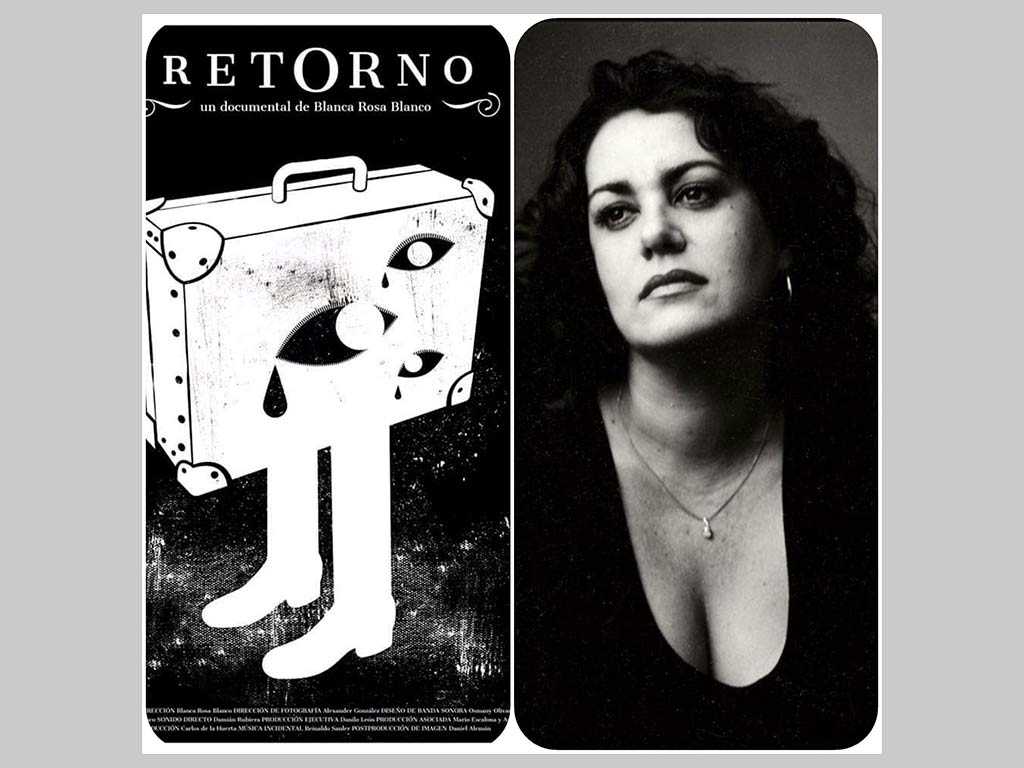The film, which will begin its tour of screens in the largest of the Antilles after its premiere the day after tomorrow, takes as its starting point the Fiesta de los Indianos de La Palma, Canary Islands, a celebration that annually brings together emigrants or their families, who arrived in that European territory at the end of the 19th century and the beginning of the 20th.
In this way, the film illustrates the presence of Cuban culture on the other side of the Atlantic, the impact it had on generations of people who made that round trip, and loaded with daily practices, language, gestures, ways of dressing and doing, like an imperishable baggage.
As Blanco stated to Prensa Latina, the audiovisual is an opportunity to rediscover our identity in an apparently distant place and “it is hopeful in such difficult times, I think it is about people recognizing where they come from, where we have been and the place where we belong”.
What we have had in some way is a culture of coming and going, emphasized the filmmaker, while she pointed out the value of the project to put into perspective a phenomenon as common and painful as migration.
Surprised by the presence of the Caribbean country, Blanco recalled that the documentary was born from the feeling of “knowing that I was part of a people whose heritage lives in other parts of the world, it was like resuming my personal Cuban identity, the fact of saying there is something about me that is here and there, is of everyone”.
“I wanted to start researching in order to be able to tell a story that had to do with memory, with culture, with tradition, with the family, that was the most important motivation”, pointed out the creator, who discovered many artists who had dedicated their works to this fact.
Throughout 52 minutes, the film takes the festivity as a pretext, “to represent, honor and reveal curious data about the Cuban emigration that arrived and lives today in this European territory”, the actress also explained.
With the seal of the Cuban Institute of Cinematographic Art and Industry and shot in both countries, the film shows the diverse expressions of identity of Canarian travelers living in the largest of the Antilles, as well as the common traits of the inhabitants of the two territories.
Produced by Carlos de la Huerta, the material is nourished by the testimonies of people who have documented the festivities or the relationship between the two islands (one in the Caribbean and the other in Iberian territory), which is reflected today and has a day marked on the calendar to celebrate it and breathe the essences of Cubanness from the culinary, music, aromas of tobacco and rum.
With the photography of Alexander González, the documentary traces the history of those indians who traveled and settled in different regions of the largest of the Antilles and then returned “with pockets full of money and memories”, to resume or start their lives in Canary Islands.
To confirm this narrative, the filmmaker took as a reference the work of the photographer Selu Vega, who for years has documented that carnival of the indians, as well as the book “El Viaje” by the writer Elsa López, who offered her testimony about these trips at the end of the 19th century.
Likewise, the filmmaker Teodoro Ríos, author of the film Mambí, contributed his experiences, while residents of La Palma exhibited that cultural syncretism imprinted in daily life, due to the Cuban legacy present in each European who left and returned home, or those descendants who also made their way to Spain.
In this installment, which emulates Blanco’s interest in the past and historical memory embodied in her debut film “El Regreso”, the production team had the support of the Musical Recordings and Editions Company, Egrem, which ensured the excellent result of the soundtrack and the legal issues of the themes used to set the plot.
ef/ro/lbl









